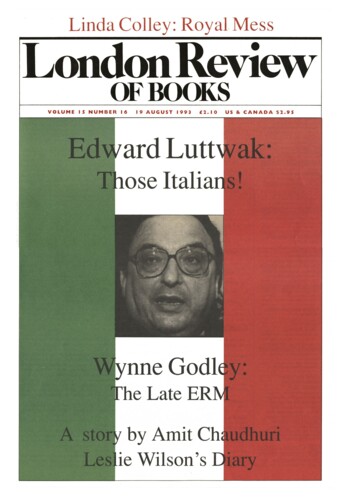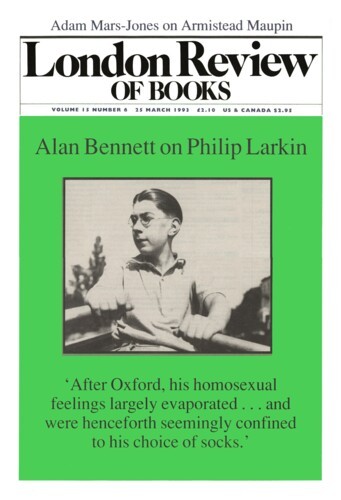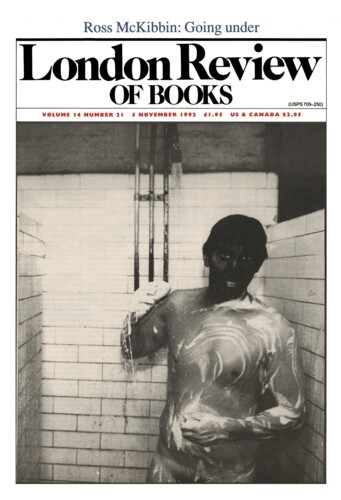Poem: ‘Supervision’
D.J. Enright, 19 August 1993
Below an essay on Shelley he wrote: ‘I don’t think we’re here to judge his soul.’ A telling reproach, whatever one’s view of souls.
A fine teacher! He knew the proper medicine. Self-righteousness would never be the same, It ceased to be a right.
He could never keep his pipe alight, Smouldering matches rained about him. Once he gave it up,...




